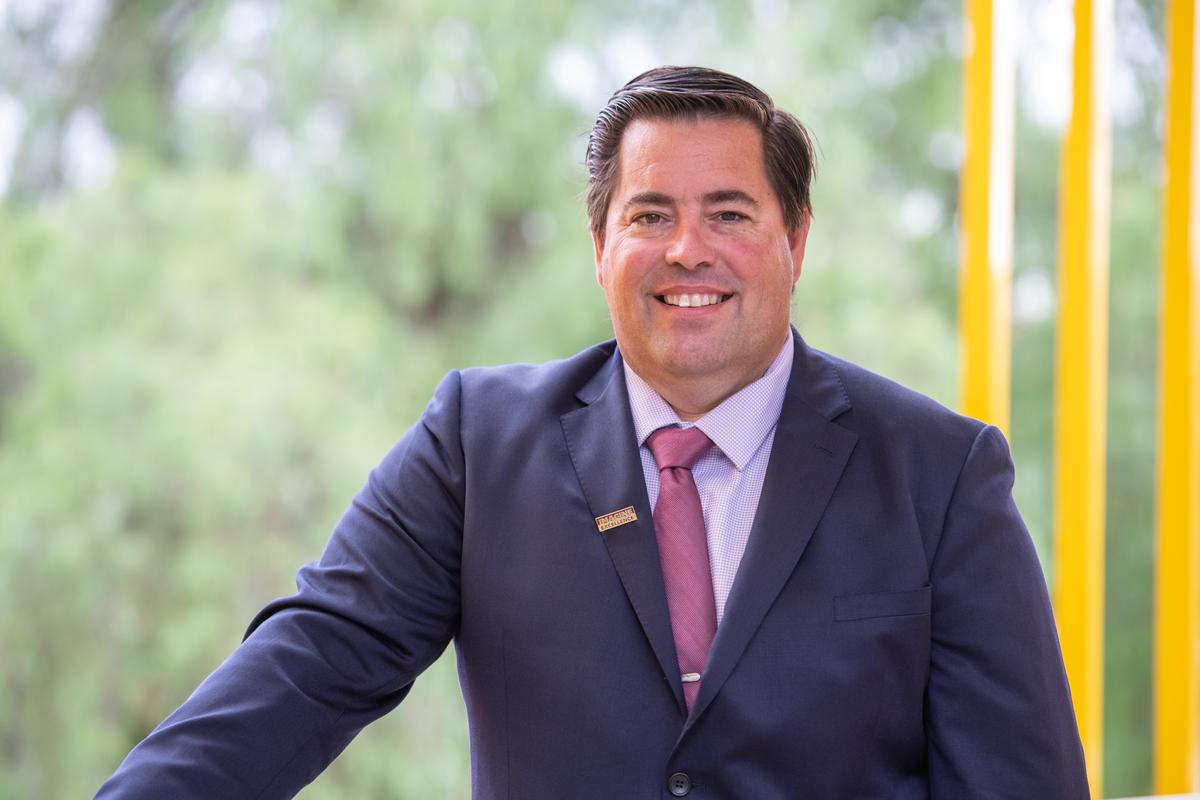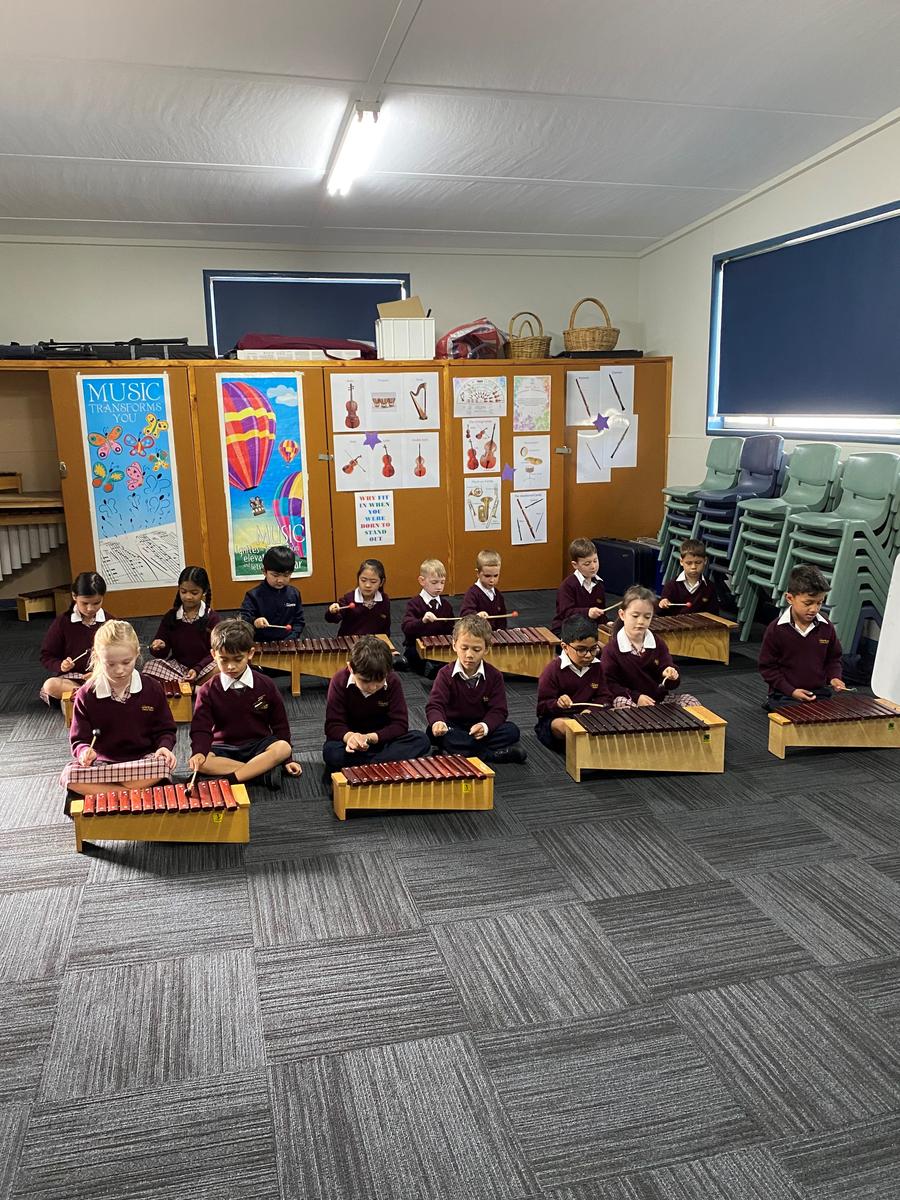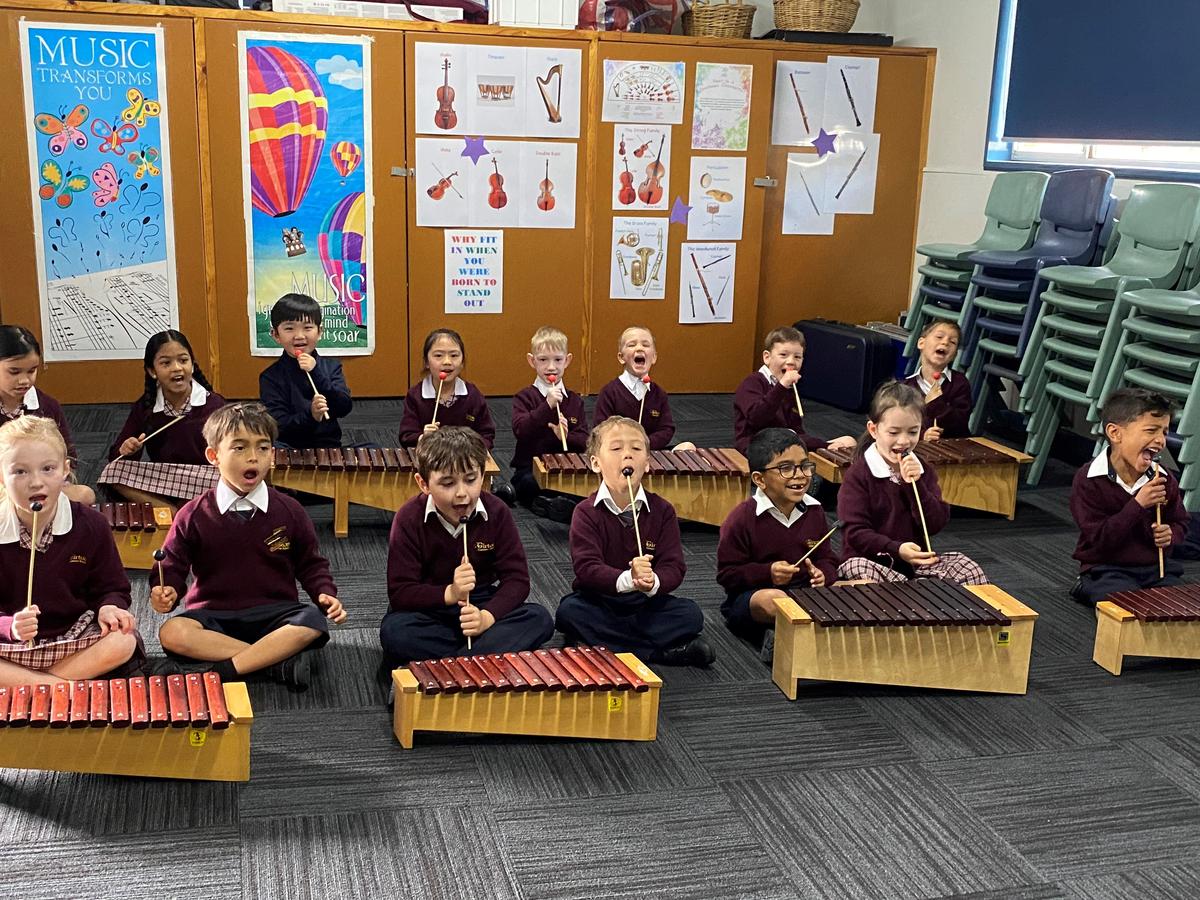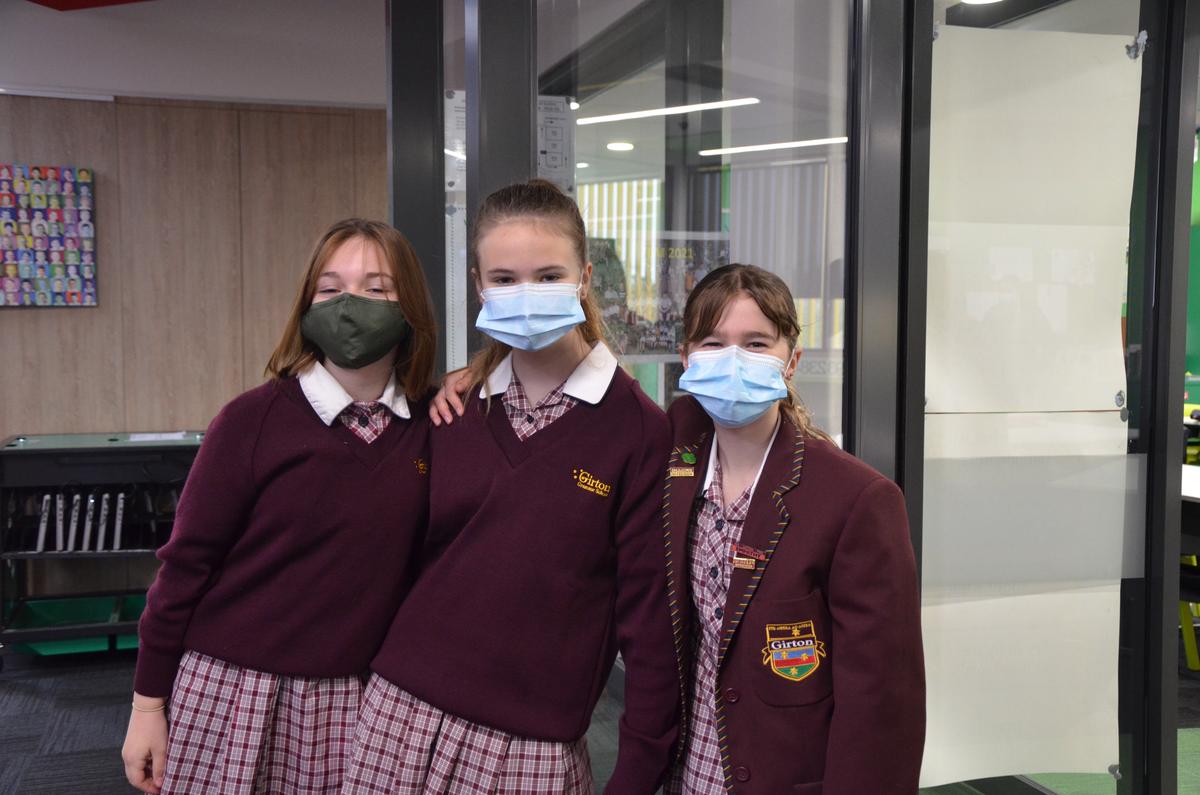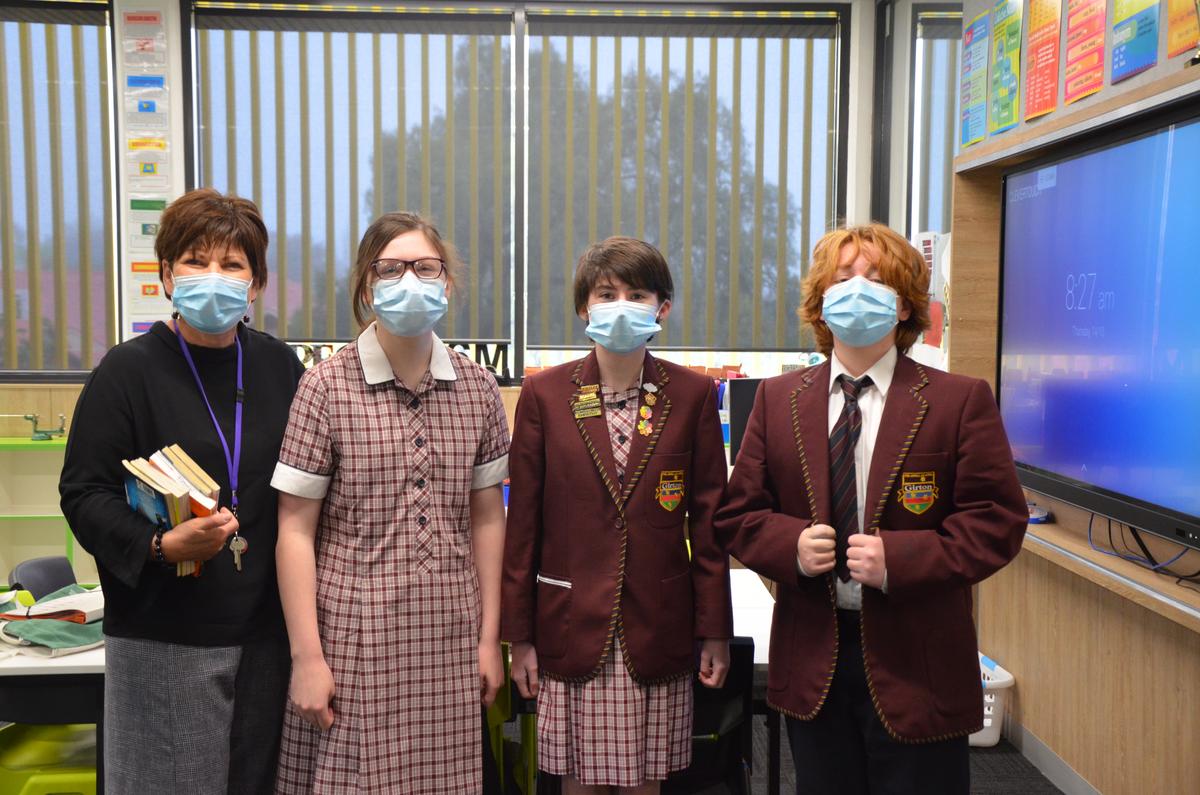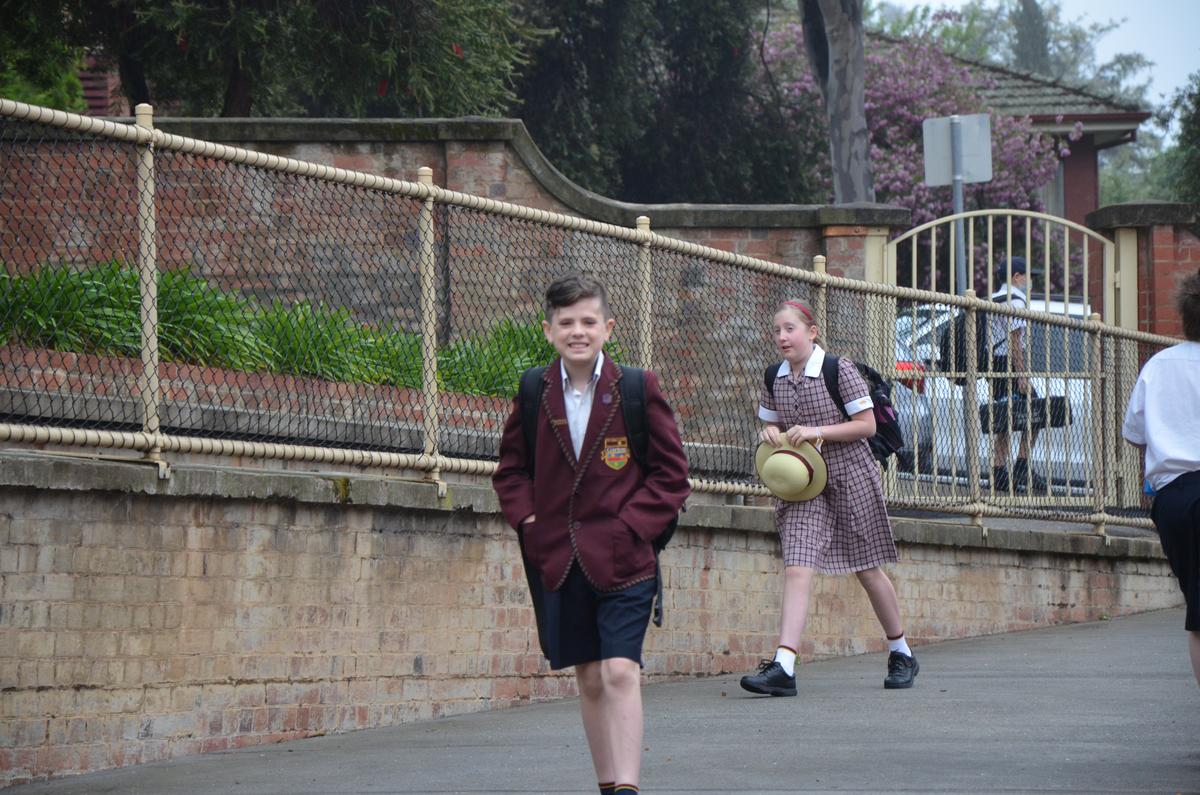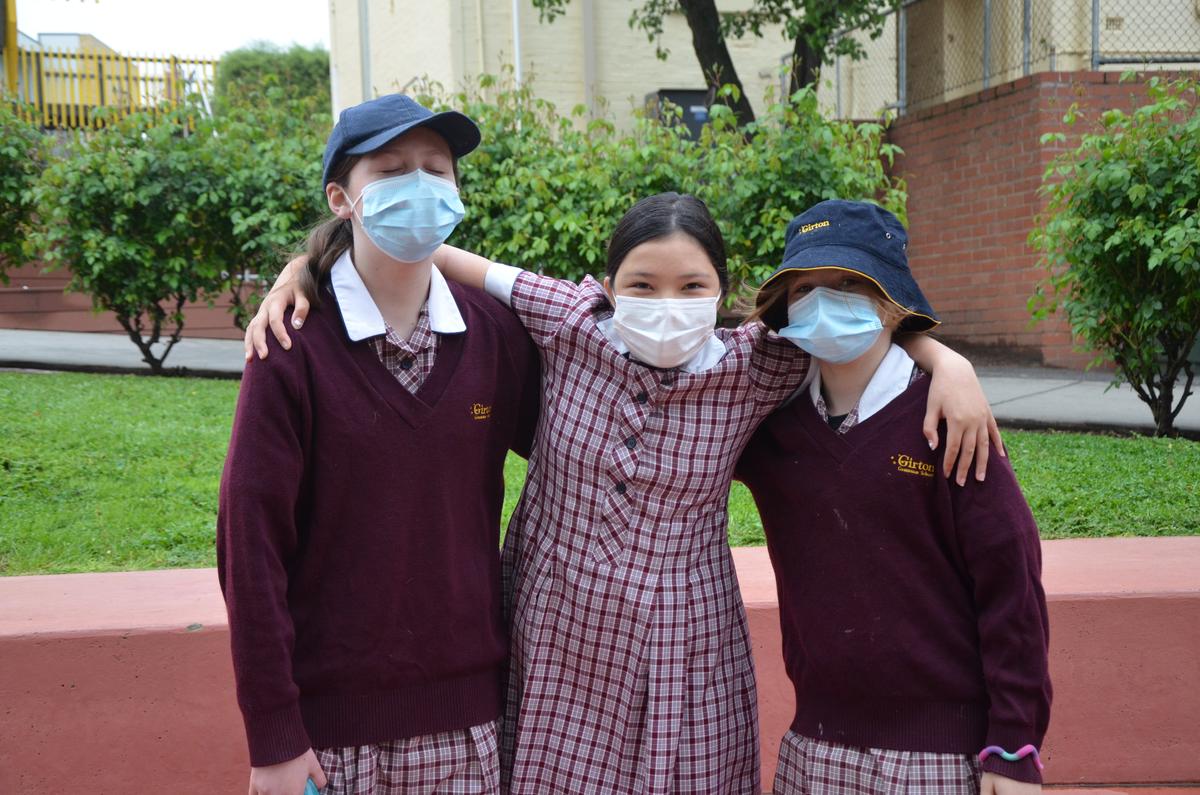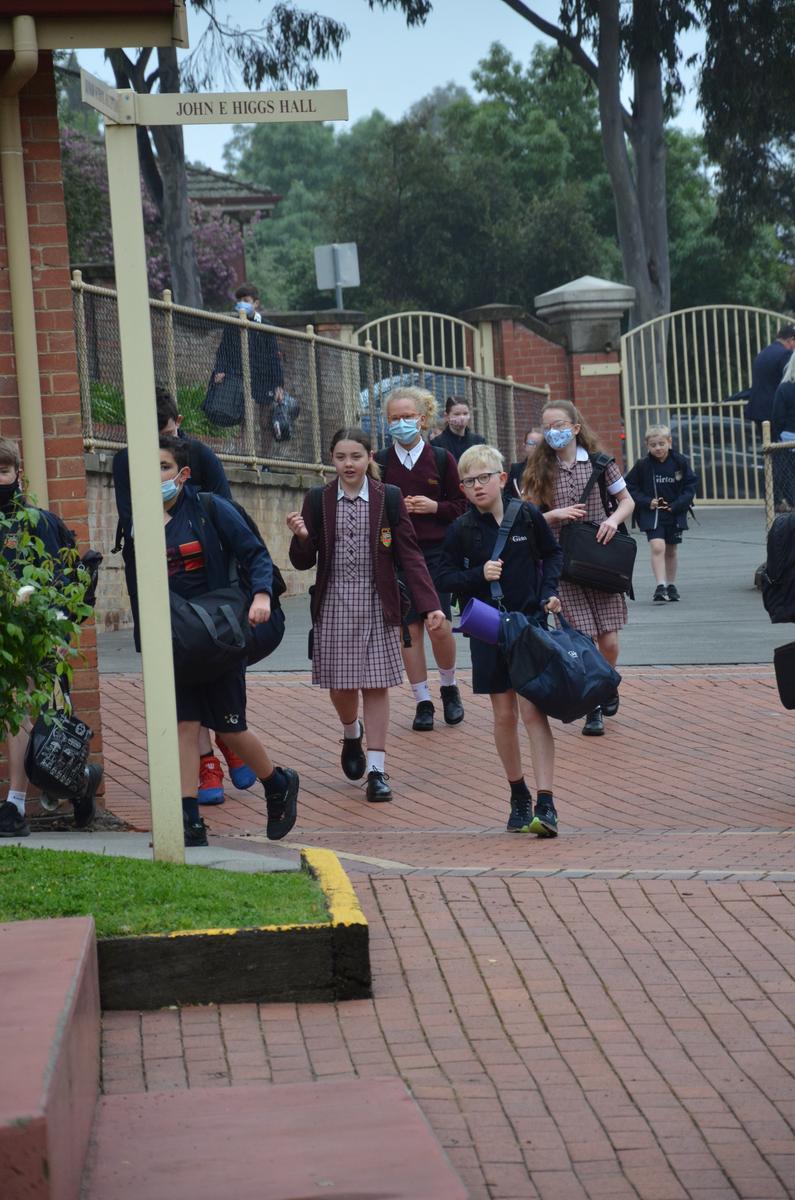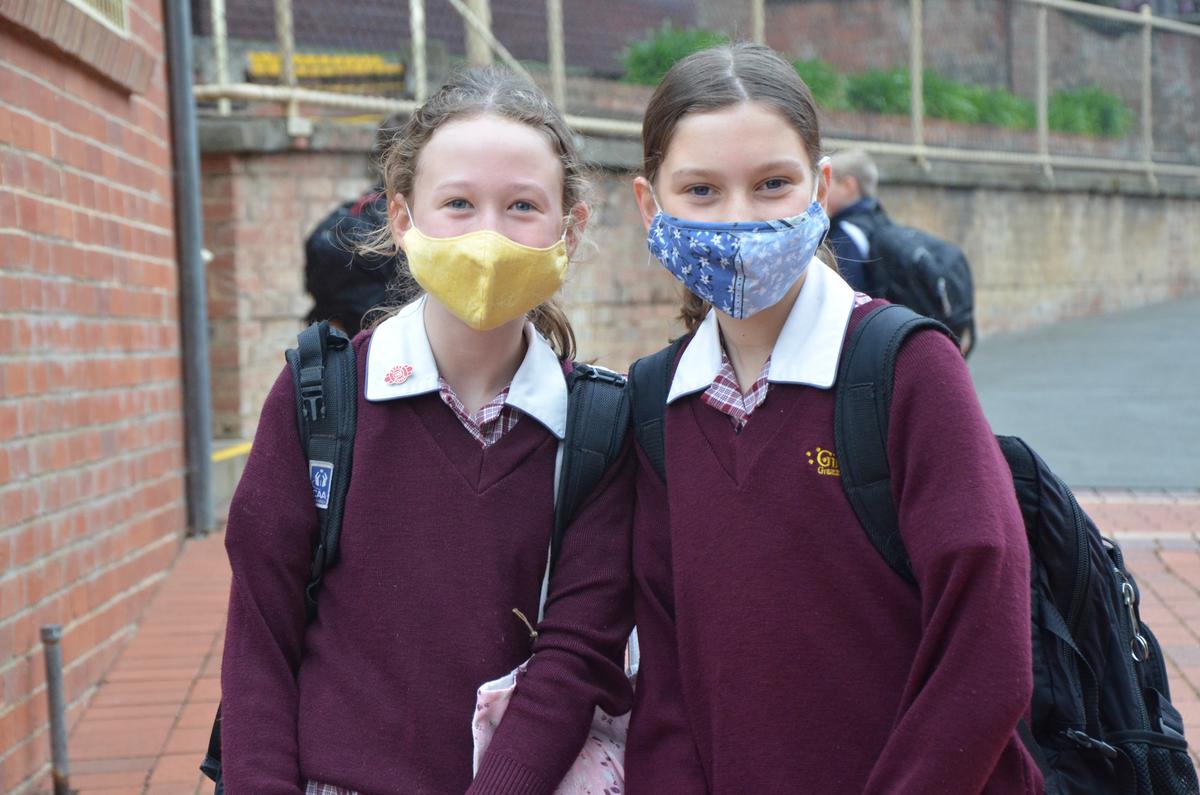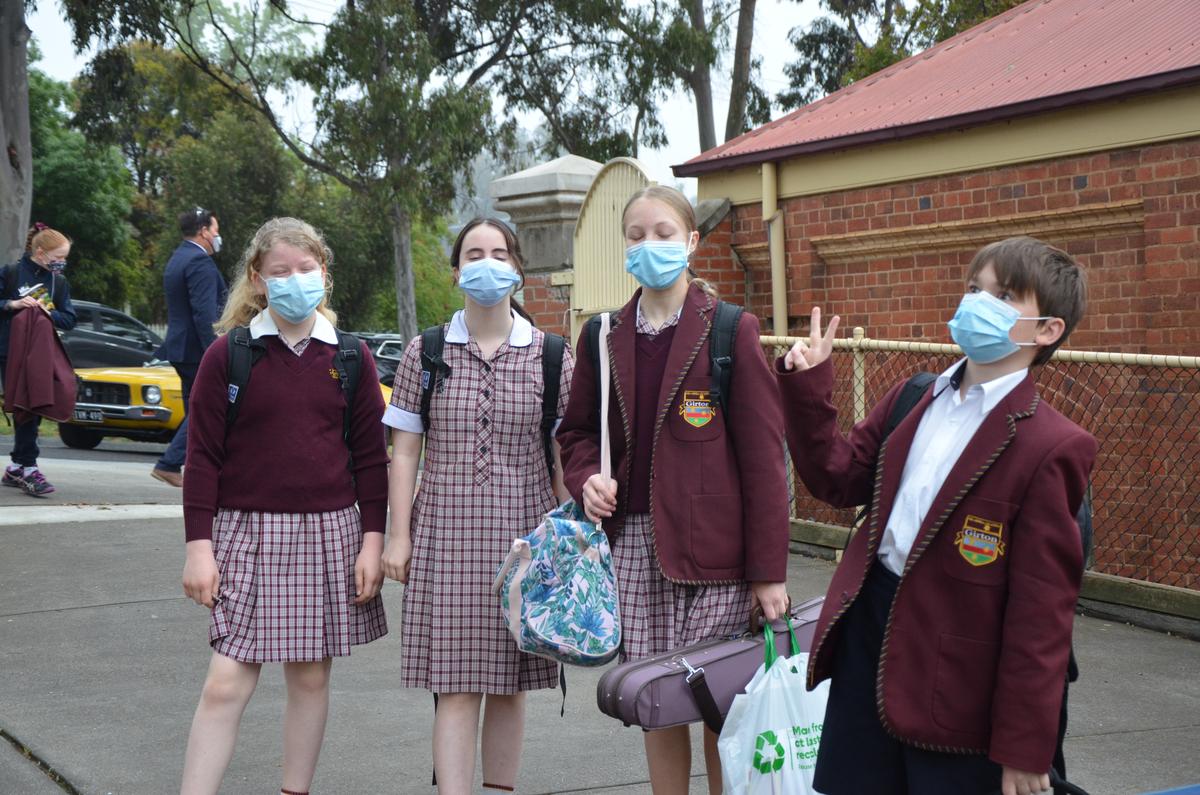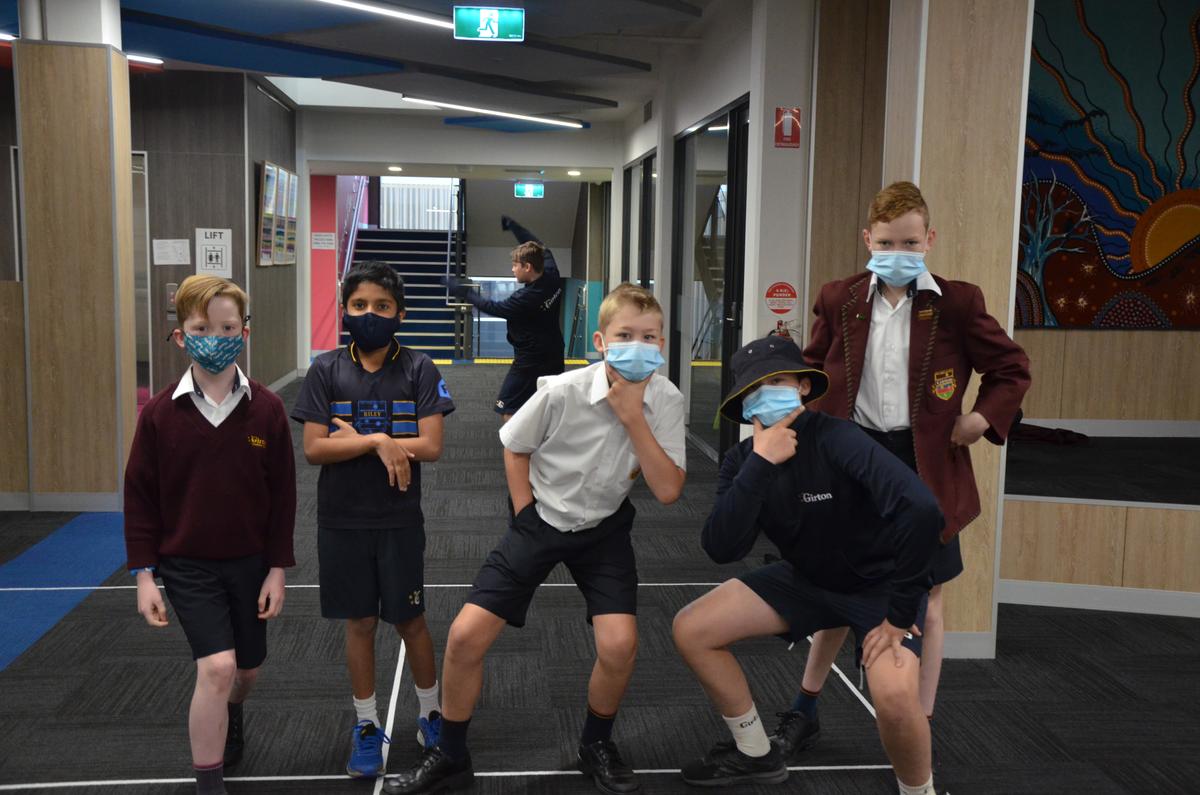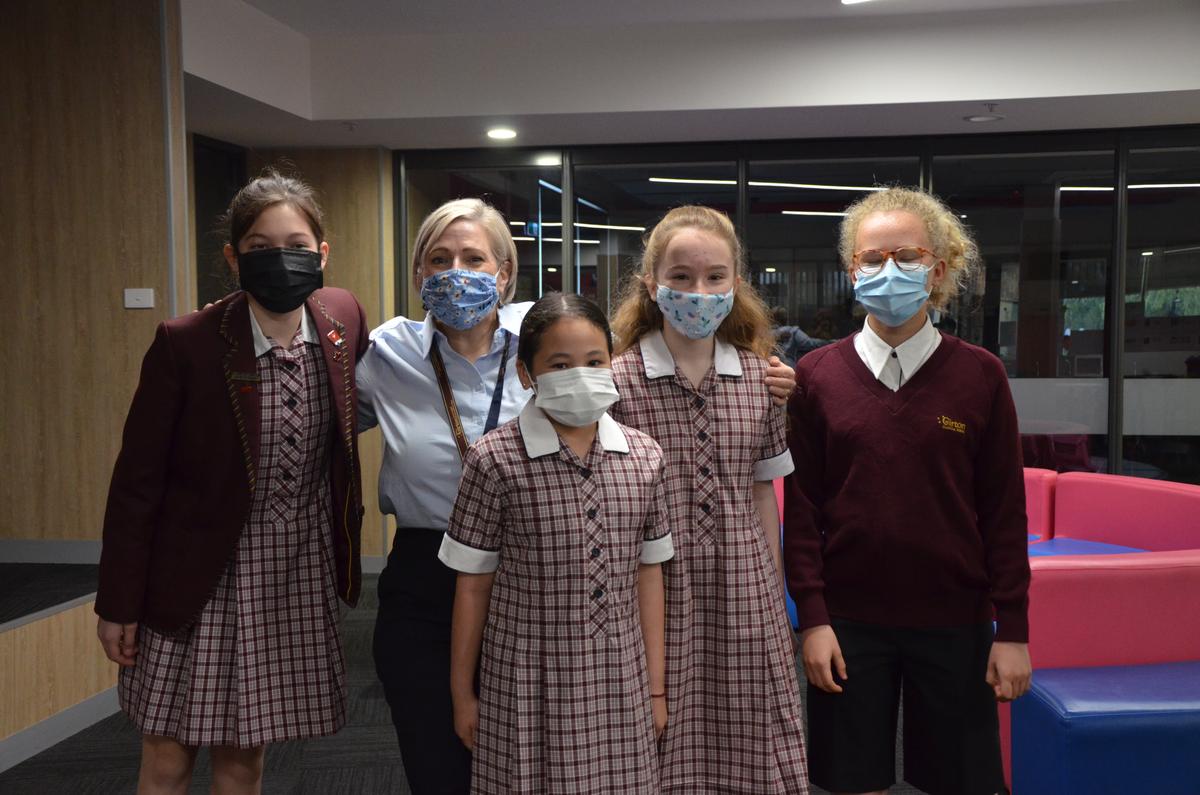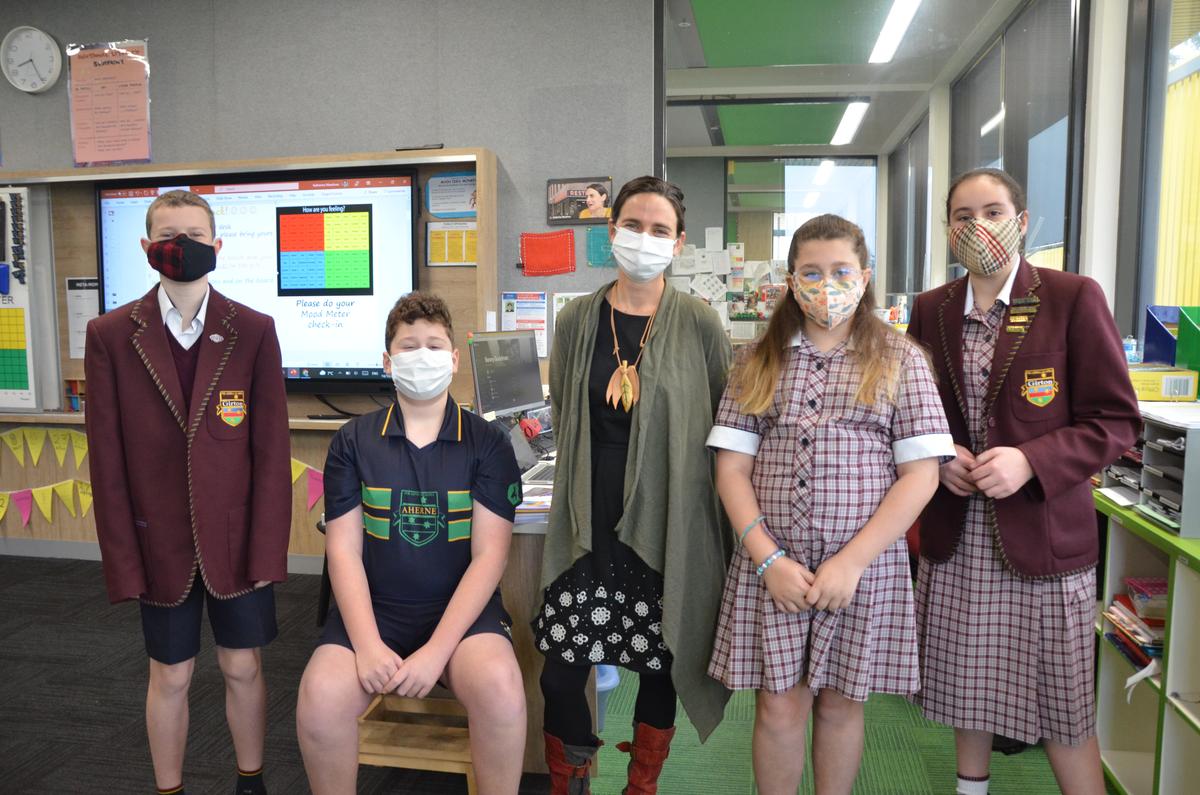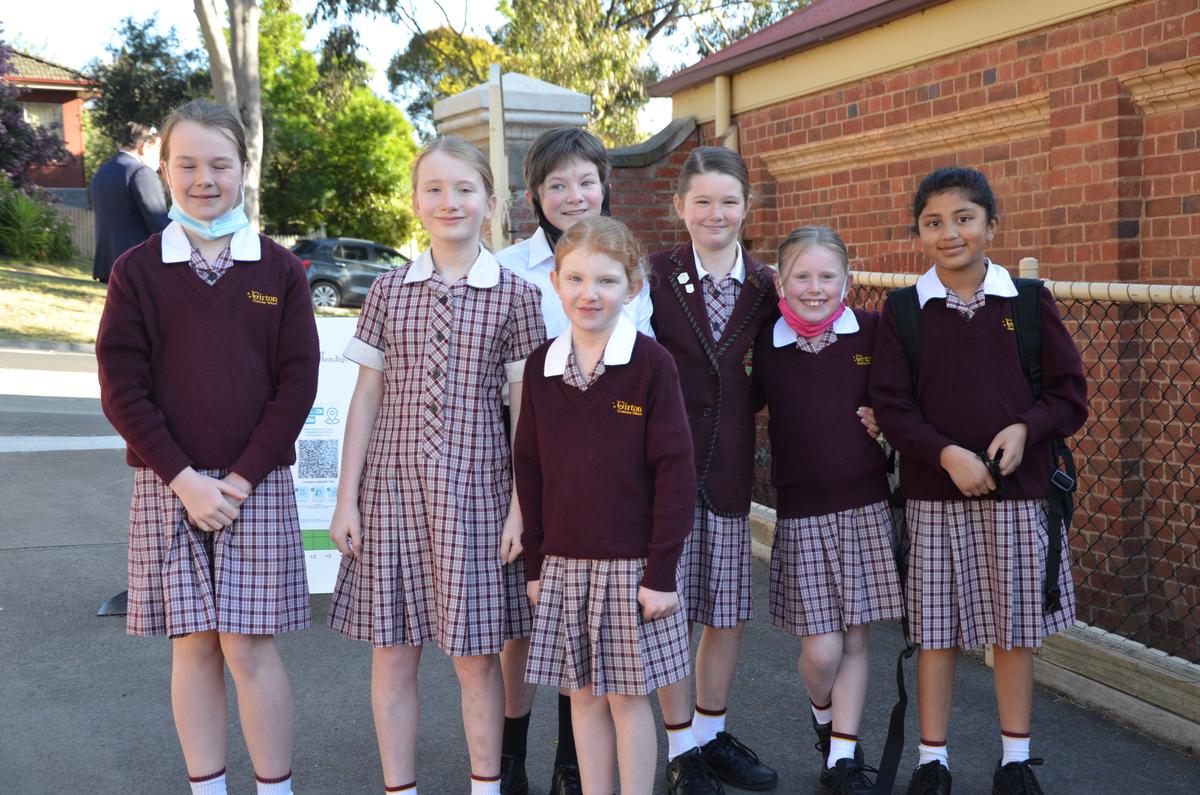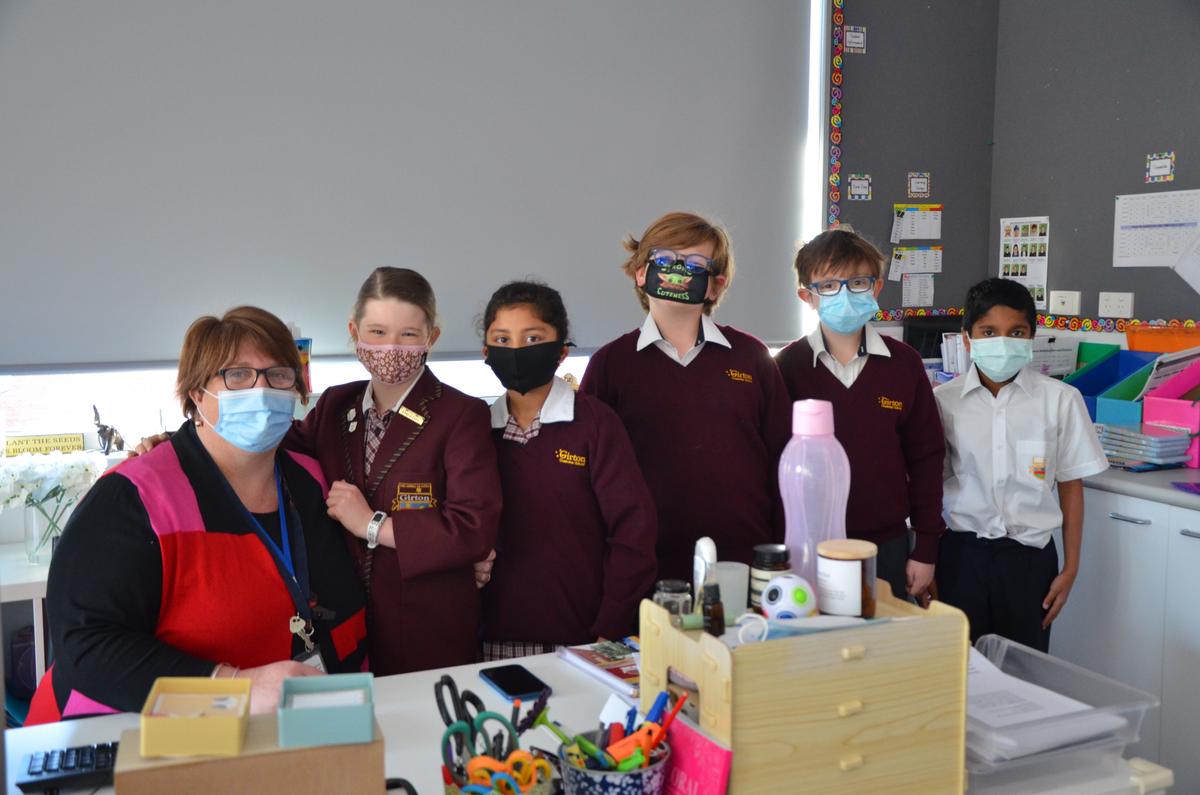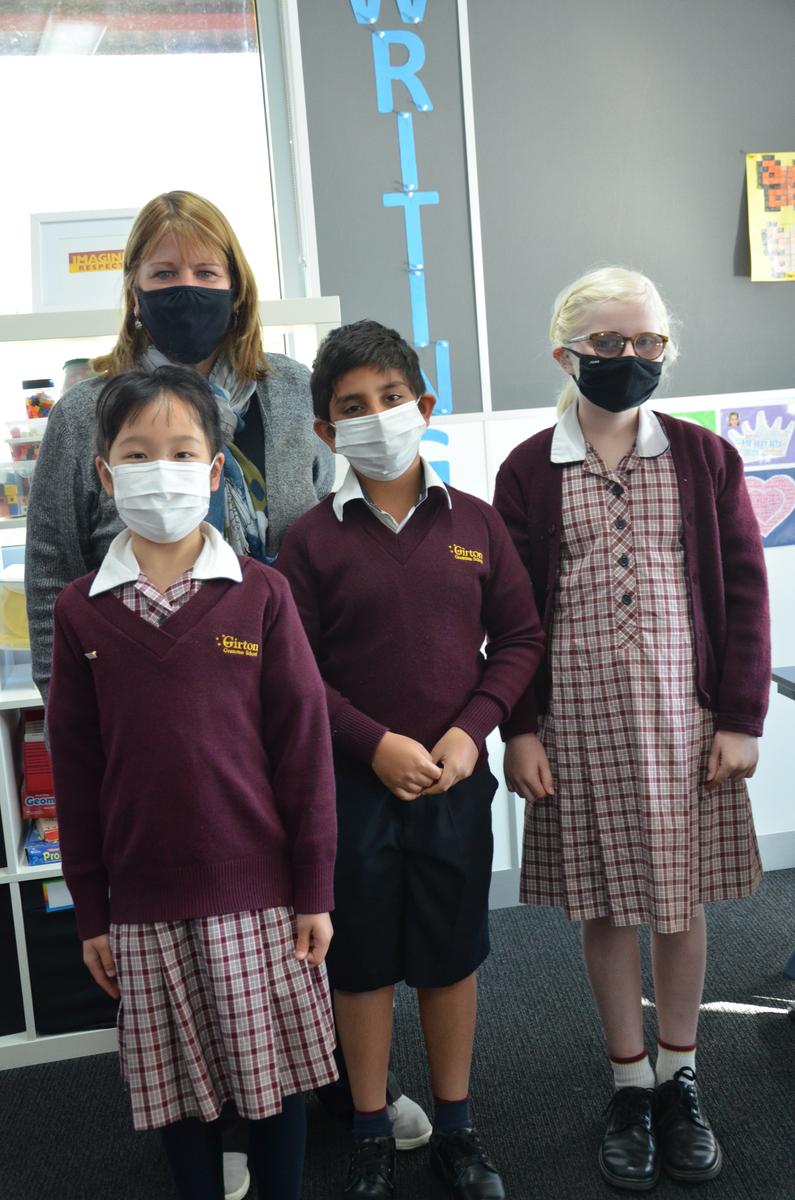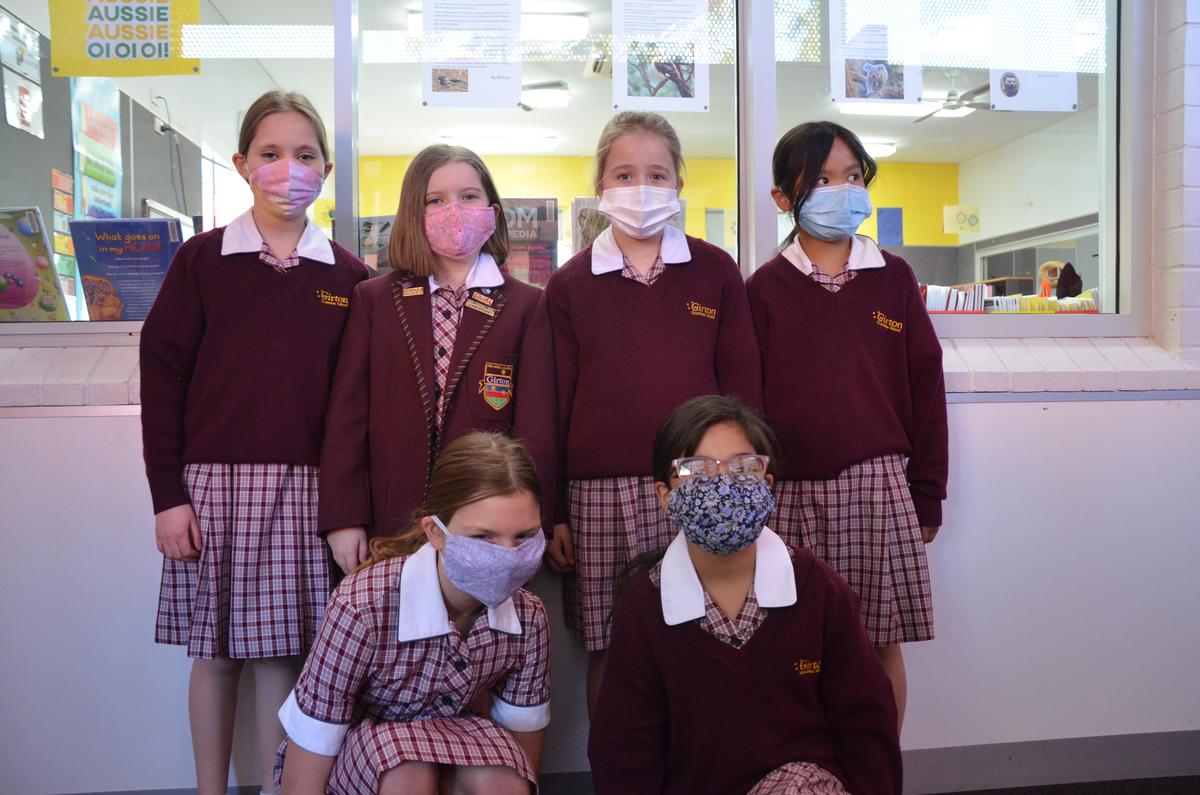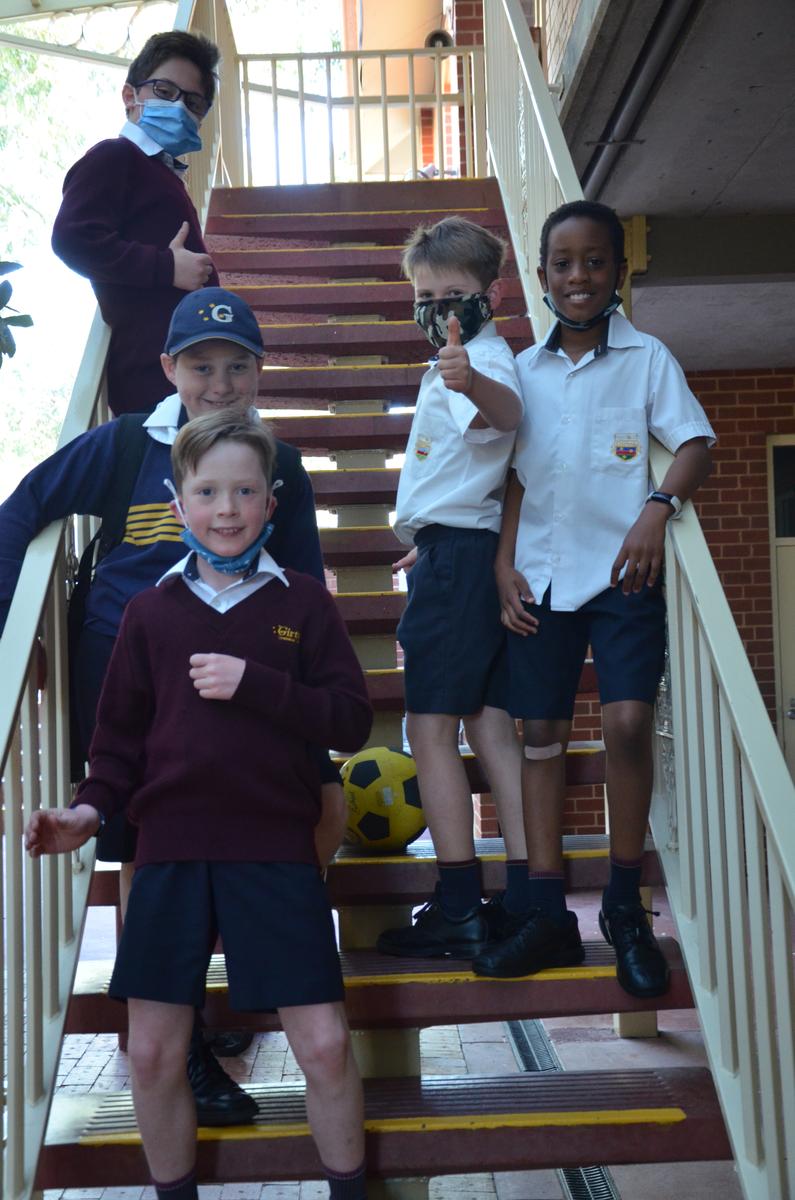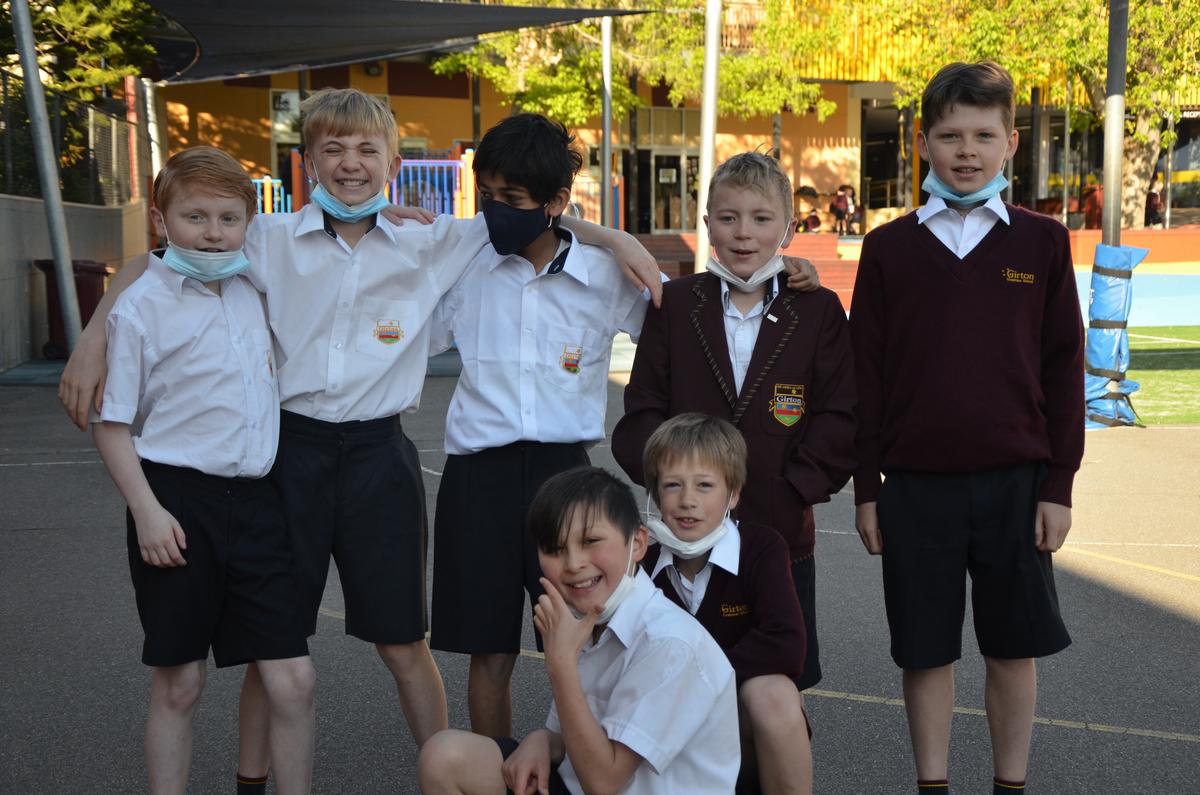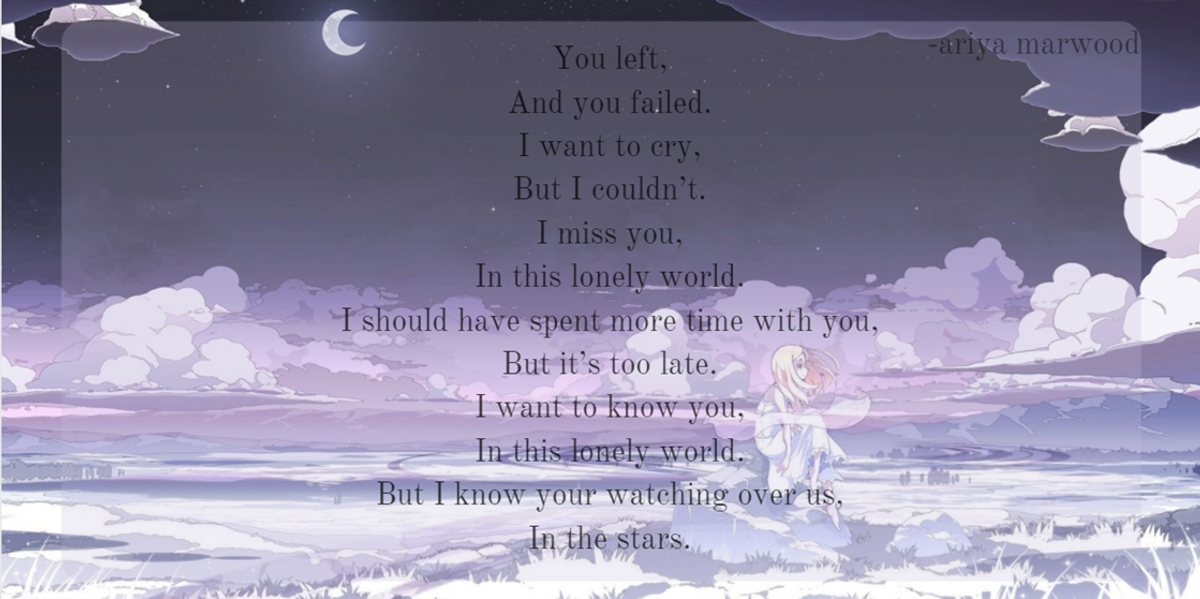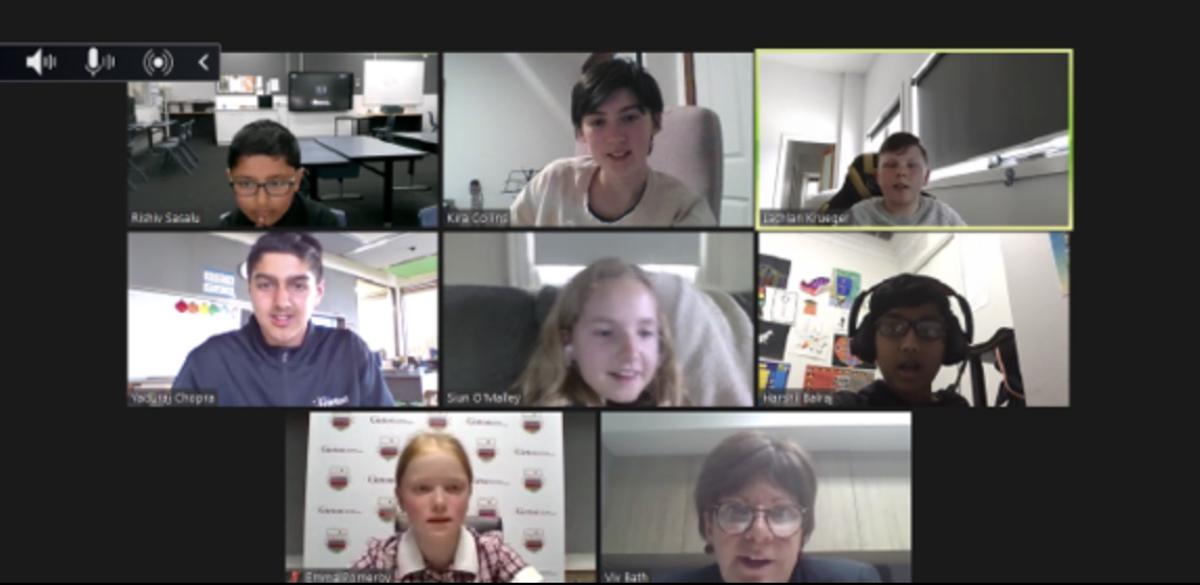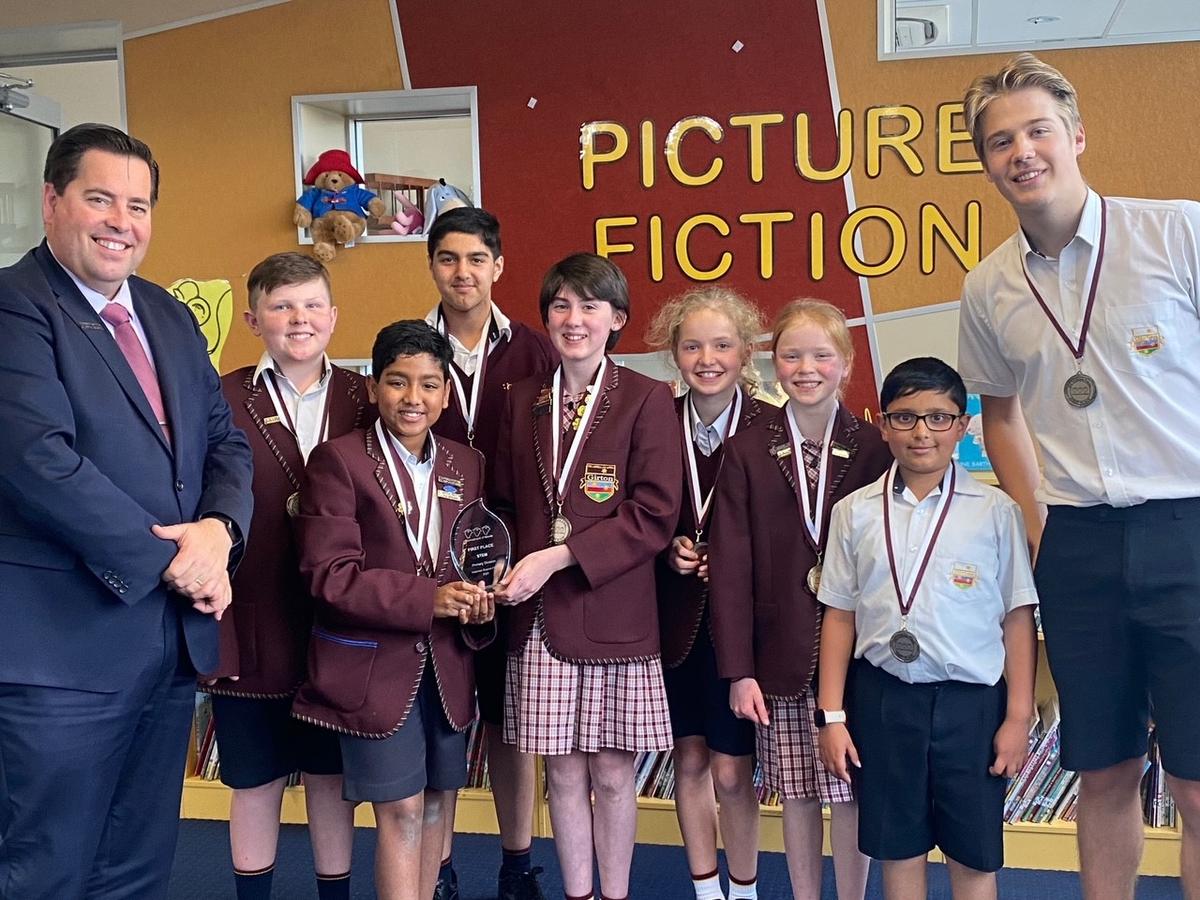Junior School News
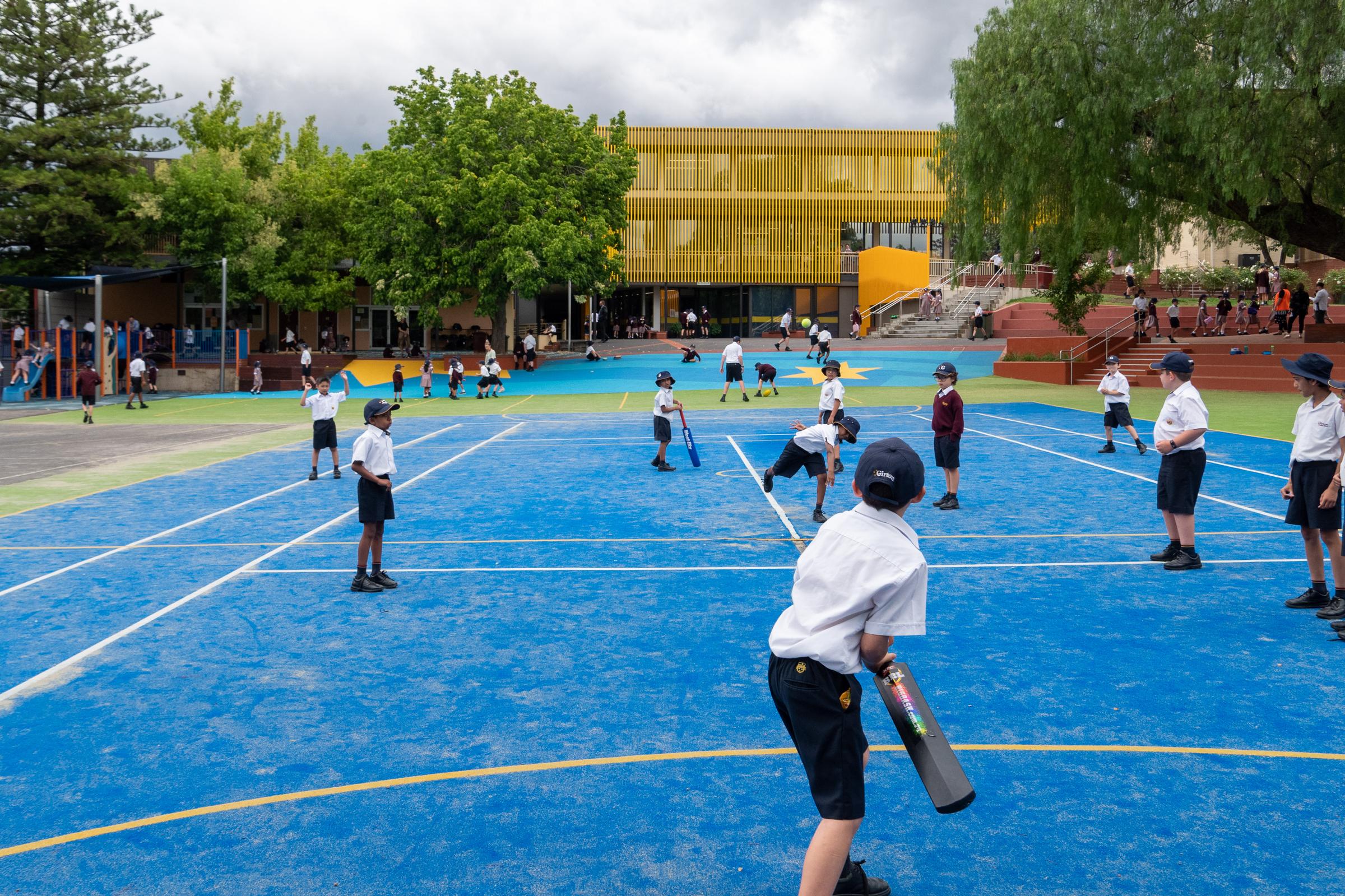
From the Head of Junior School
It was wonderful to welcome our students back to face to face learning this week, albeit on different days. While we weren’t back to full capacity it did make a marked difference in the energy levels and excitement around the school. It was great to see the smiles as students came in the gate. (Yes we can see smiling under the masks!)
While it was straight back to work when our Year 3, 4, 5 and 6 students returned, there is also a lot of time spent reconnecting with each other. Something we did notice was that there was some mismatch of uniforms, runners with school uniform and fringes that went down to the nose. This is all very understandable given the amount of time students have spent out of routine and the fact that some uniforms or school shoes may not have been worn for the best part of a term. We have allowed some leeway this week and will again next week as all of the students get back into the routine but we will be asking the students to address the uniform and hair issues by Week 4 when we are all back.
As I communicated in previous correspondence face masks are now compulsory for our Year 3 to 6 students and recommended for our Preparatory to Year 2 students when inside the buildings. If your child cannot wear a mask due to a medical condition and has a medical exemption, we ask that you email the class teacher to let them know. This will be recorded on our system so that all staff are aware of the students who cannot wear a mask in a similar way that we record students with asthma or anaphylaxis. We understand that some children do not like wearing masks. I have not yet met an adult who says they like wearing a face mask. We wear them to try and help keep ourselves and others safe and because they are mandated. For the time being it is part of our uniform and should be treated as such.
Earlier this week I was asked at the gate how our school is managing ventilation in the classrooms. We are ensuring that ventilation is maximised in all classroom learning spaces. This means having windows open where possible, external doors open and, as a minimum, having air conditioners on ‘fan’ to increase airflow. All the school’s air conditioning systems have filters. Those rooms or buildings that do not have operable windows have natural air inflow systems in addition to the air conditioning systems. The school is also investigating the effectiveness and availability of air purifying systems and are in the process of purchasing air quality monitors.
With the number of Covid cases in Bendigo increasing it is important for us to continue to follow the highest hygiene standards that are possible. In addition to masks and airflow, we are constantly reminding students to sanitise when moving in and out of the classrooms and distancing as much as is possible in a school setting. We have also increased the cleaning regimes around high touch surfaces. All of these measures are in an effort to ensure our students stay safe and healthy and can be at school.
Finally, I would like to wish our Junior School Primary STEM team who are competing in the International TOM finals on Saturday all the very best. They are not only representing themselves and our school but are also representing Victoria. I am sure they will perform well.
Mr Donald Thompson
Head of Junior School
Preparatory
Prep M students were extremely happy to return to school after the holidays. They were clearly enjoying their Music lesson with Mrs D who has managed to transform them into musicians or rockstars.
Welcome Back Years Three, Four, Five and Six!
Year Six Poetry
Ode
I look up, I see you shining, sparkling, shimmering
I look up, I see you.
Like a night light in the sky, you’re protecting me.
I see you smiling back at me
The smile that could light up any room.
I look up I see you, my beautiful nan
Now an angel.
Heidi Webster (6 Riley)
Tournament of Minds
Here we are, the moment we had been waiting for. “For the Junior Stem, the right to represent Victoria in the international Tournament of Minds is, The Fluorescent Unicorns! Yes! We had gotten through to internationals! Wait… We should probably go back a bit. Our Tournament of Minds journey for 2021 has been exciting, challenging and fun! With the new added challenge of home learning, teachers and students have learned to become more resilient.
Our Regionals STEM problem this year was ‘Hello?’ It was a problem about how humans have sent items into space for aliens to discover. Our team had lots of fun working together and thinking creatively. When the announcement came that TOM this year would be digital the teachers and students alike reacted positively and adapted well. On the day of the presentation, our team was calm and concentrated. We finished the presentation happy and excited. Then the results came. We won Regionals!
We started practising for the States competition right away. We had zoom meetings every Thursday and even on weekends to practice. During our Thursday zoom meetings Mrs Bath and our Facilitator Aidan helped us and gave us challenge questions to trigger our creative thinking. On the day of State TOM, our team was prepared and ready. We gave it our all and waited for the results.
When the announcement came that our team had won states TOM, we had a zoom meeting to celebrate. We believe our success was a result of practice, dedication and support from everyone. The TOM international competition is taking place this Saturday. We are presenting our solution at 9:55am. We are very thrilled for this opportunity and nervous at the same time.
We would like to thank Mrs Bath for organizing TOM every year and helping us prepare for the challenges. We would also like to thank our facilitator Aidan Clemens and the facilitators of other disciplines for helping and supporting us every step of the way. Internationals TOM, HERE WE COME!
Harshil Balraj (6 Riley)
Junior School Production
The Year Two, Four and Six students are still madly rehearsing for the Junior School Production of ‘Madagascar Jr’. The John E. Higgs Hall will be transformed into the Madagascar jungle for the production to take place just before the end of term. The potential for an audience will depend on rCOVID-19 restrictions at the time.
MICHAEL GROSE
Modern science now supports a range of wellbeing measures that our parents intuitively knew were good for kids.
It’s good to know that many of the wellbeing strategies encouraged by parents and teachers of past generations have been shown through modern neuroscience research to be correct. Here are few well-known strategies that have been proven to be on the mark.
“Go outside and play”
This common parental phrase, at times, uttered from sheer frustration is the best wellbeing strategy of all. It’s short for “go to the backyard, park or a natural environment and get some fresh air into your lungs by running around and playing. And make sure you have some fun, preferably with your brothers and sisters or some friends.”
Science now supports the fact that spending time outside in natural environments relieves stress, promotes relaxation and reduces anxiety levels. The human brain was designed to cope with outdoor living, so it feels most comfortable in that environment.
The therapeutic qualities of play releases feel-good endorphins, rids the body of stress-producing cortisol and enhances mood and wellbeing. Our mothers didn’t need the scientific evidence available today to tell them that playing outside was good for kids. It was even better if they played with others.
“Eat your greens”
Parents of past generations who nagged children to eat all their vegetables probably didn’t realise that there’s a strong connection between good gut health and mental health. They knew deep down that ‘real’ food such as fruit, vegetables and eggs rather than processed food, was good for kids. With 90% of the serotonin needed for optimum mental health being produced in the gut, a healthy diet is essential to reduce anxiety and boost wellbeing.
“Don’t sleep all day”
The advances in sleep science in recent years have been astonishing, with accepted methods frequently being replaced by new evidence-based methods. It was once thought that the body’s sleep clock had a continuous rhythm, adjusting itself gradually to the change of seasons. Recent evidence shows that the sleep clock resets itself every day when the body is exposed to sunlight. My mum knew what she was doing when she’d throw back the curtains to let the sunshine when I (as a teenager), wanted to laze the day away in bed. Regularity as well as routine are the new buzzwords in sleep hygiene, but my mother, like many women of her generation knew that sleeping the day away was no way to live a healthy life.
“Take a big breath when you’re nervous”
Past generations knew what it’s like to be nervous before giving a speech, meeting a loved one’s parents for the first time or taking a driving test. ‘Take a few big breaths and everything will be fine’ was the type of advice dispensed in the past. Neuroscience findings inform us that belly breathing activates the para-sympathetic nervous system which instantly calms us down. Next time a child feels anxious invite them to take some big belly breaths to regain some calm and rid themselves of anxious feelings.
“Everything in moderation”
As parents and teachers grapple with the lure of new digital technologies on children and young people, it’s smart to go with this old saying. Just as our parents knew that eating too many apples would cause a stomach-ache, too much time spent in front of a digital device has adverse effects as well. Apart from the opportunity cost of hours spent in front of a digital device that could have been used in other ways, too much of anything is never a smart idea whether it’s food, work or time spent playing video games.
Modern neuroscience is an ever-changing field continuously updating information about the way our brains and bodies work together. It’s good to know that many of the methods our parents and teachers used to make sure we stayed healthy and well stand the test of time and the rigours of science as well.

